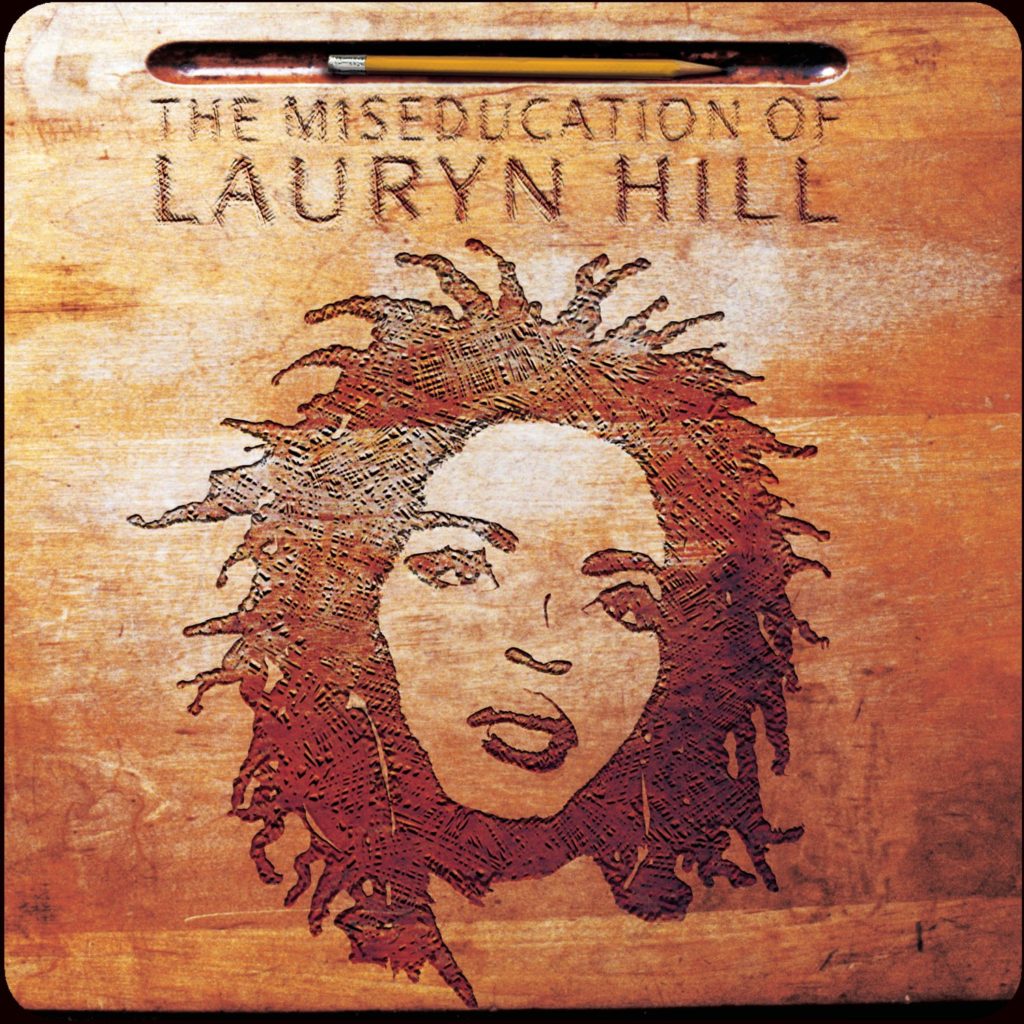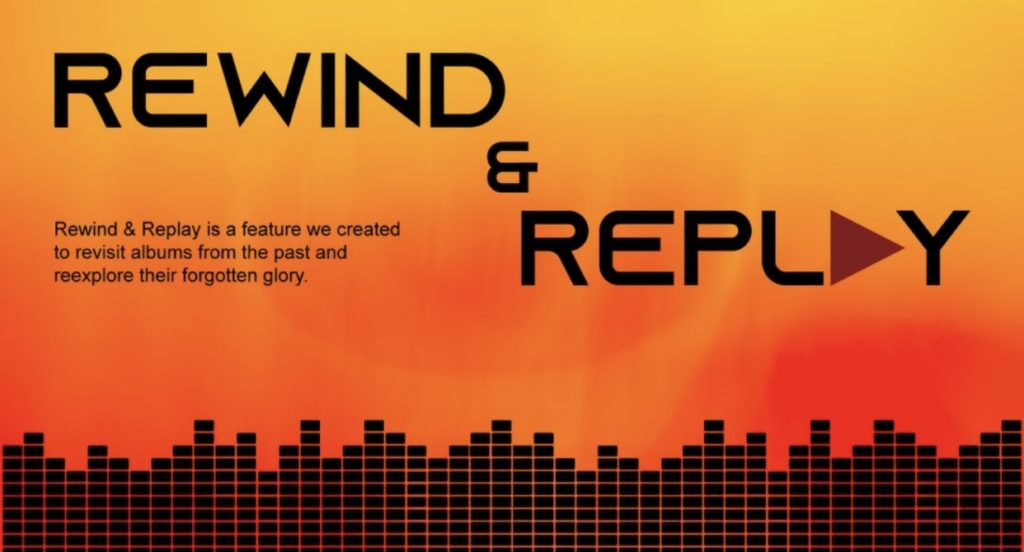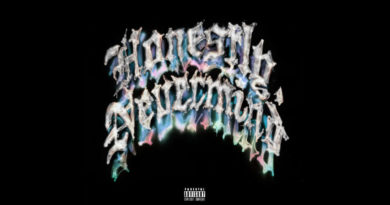In The Late-90s, The Miseducation Of Lauryn Hill Changed Hip-Hop Forever
There are countless albums from hip-hop’s lifespan that are considered classics, but the word “impactful” is reserved for only a few.
One of those is Lauryn Hill’s debut solo album, The Miseducation of Lauryn Hill, released on Aug. 25, 1998.
We revisit the genre-shaping album on Rewind & Replay, a feature The Reporter created to reexamine albums from the past and re-explore their glory.
The Miseducation of Lauryn Hill set the bar for all impactful albums that followed and arrived at a time when hip-hop was reinventing itself as a commercially viable genre.
Hip-hop lost its second renowned rap giant, the Notorious B.I.G., on March 9, 1997, a year and a half before The Miseducation of Lauryn Hill was released, following the death of Tupac Shakur on Sept. 13, 1996.

As hip-hop searched for an identity, Hill released an album that revived the genre and left aftershocks that can still be felt today.
Featuring 16 tracks, The Miseducation of Lauryn Hill, encompasses a mix of neo-soul and hip-hop.
Lauryn Hill showcases her rap ability while highlighting her emotional tone.
Her most popular track Doo Wop (That Thing) pushed Miseducation to the number one spot on the Billboard 200 shortly after it debuted.
Within the first week of its release, the album sold more than 400,000 copies breaking the record at that time.
Hill also broke records at the 41st Grammys with 10 nominations. She won half of them, making her the first female artist to receive five Grammys in one night.
Over the course of the project, Lauryn Hill shares her journey to self-worth and discovery.
With features from notable R&B artists like Mary J. Blige and D’Angelo, it’s unquestioned that the album broke barriers.
It opens with Intro. This 47-second track sets the tone with students arriving at a self-love class.
It becomes apparent that Lauryn Hill is absent, marking the beginning of her miseducation and letting it be known that self-worth is something she must learn alone.
Little interludes of this scene are weaved all across the album in later songs.
Ex-factor gives insight into a past relationship gone wrong proving that with growth comes lessons of love.
To Zion is the most intimate track on the album. It’s a song that Hill wrote about her first son, Zion David. Zion’s father is Rohan Marley, who is legendary reggae singer Bob Marley’s son.
In it, Lauryn talks about the uncertainty regarding her pregnancy and the joy she found in her child after giving birth. The song also features acclaimed guitarist Carlos Santana.
Doo Wop (That Thing) jokingly warns about falling for the wrong one and how deception for sex can be done by both men and women. This track includes a sample of Let’s Find Love by The 5th Dimension.
Every Ghetto, Every City is an upbeat homage to her hometown South Orange, New Jersey. Throughout the track Hill recounts good memories from her childhood.
Nothing Even Matters featuring D’Angelo gives a worry-free feel about love. It was inspired by Hill’s relationship with Rohan Marley and describes how love can make everything else seem irrelevant.
Tell Him is the final track of the album. In it, Hill uses biblical references to encourage listeners to let God guide them.
Since the success of The Miseducation of Lauryn Hill, her work has inspired a new generation of hip-hop and R&B artists. It’s clear she has left a massive impact on the hip-hop genre.




